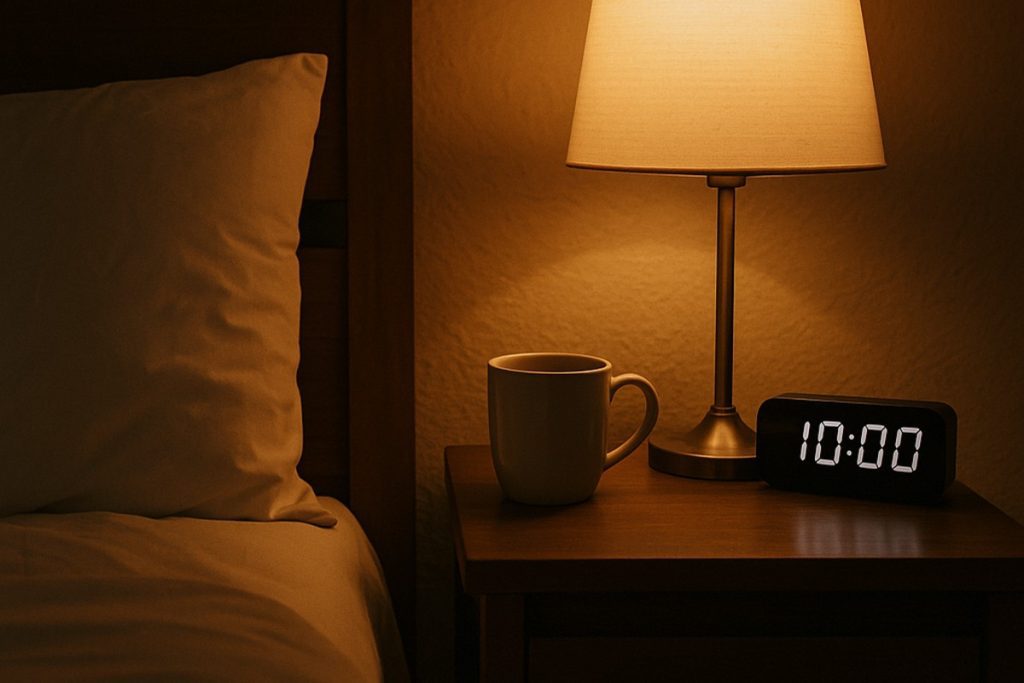I Started Sleeping Just 30 Minutes Earlier—And It Quietly Changed My Whole Day
I never believed that shifting bedtime by just half an hour could make any real difference—but one Sunday night, I decided to test it. I carried that intention into my soft, dim bedroom, closed my eyes at 10:00 p.m. instead of my usual 10:30, and fell asleep more peacefully than I had in weeks. When the alarm rang the next morning, I felt genuinely rested. It was one of those rare mornings when I didn’t press snooze, as if my body had been waiting for its cue. Over the next week, that half-hour shifted sleep began to roll into changes I hadn’t expected.
On the second night, I felt less anxiety drifting off. Without the rush to produce one more email or jump into another screen scroll, the evenings felt softer. Productivity came easier. I found myself reading a few pages of a novel instead of doomscrolling. I joined the growing consensus from sleep experts who say that going to bed earlier improves mood, hormone balance, skin health, and focus. Studies at Sleep Foundation and Harvard explain how small shifts in sleep schedule can tone down stress and make us less prone to depression or anxiety—especially when we align with our natural circadian rhythms and catch daylight exposure in the afternoons.
By the middle of the first week, I began noticing physical signs too. My skin looked calmer, less blotchy. That midday slump didn’t arrive at 2 p.m. anymore. I was more alert through meetings and lunches. Sleep experts often point out that waking earlier allows chance for morning light exposure—what some call a “photon shower”—which helps master the internal clock. I felt that quiet reset in my mornings: a shift in mood that felt like I’d gained time.
After ten days, evenings felt less tense. My bedroom was cooler and darker earlier. I glanced at the clock and realized I was winding down naturally. That small change set off a chain reaction. I explored settling routines—journaling, meditating, stretching. These didn’t feel like chores. They felt earned. A habit of relaxation crowned my nights.
Sleep hygiene experts recommend consistent bedtimes and routines—like dimming lights, cooling the bedroom to 60–67°F, and avoiding screens 30 minutes before sleep. I’m guilty of healthy-living mistakes sometimes, but this shift made it feel easier to follow good habits.
Waking at 6:30 a.m. instead of 7 didn’t feel drastic, but the morning calm was surprising. I drank water before coffee, felt my day begin with intention. Morning walks became possible. And later, I’d glide through the day with less fatigue. By week three, people close to me began commenting. “You seem happier,” one friend said. “Look less tired,” my partner noted. It felt validating.
Nightly sleep started to feel like the anchor of my days, not an escape.
Of course, not every day was perfect. On nights when I went to bed late, I felt it the next morning. But because the habit was evened out, the late nights hurt less. And the recovery—going back to sleep thirty minutes earlier—felt easy. It was a soft rhythm.
The NIH confirms healthy sleep isn’t just rest—it’s essential for heart health, mood, memory, and resisting chronic conditions like diabetes, stroke, and obesity. My own routine felt like I was stacking bricks in the foundation of my health, one night at a time. When I stayed consistent, my mind sharpened, I felt stronger, and I slept deeper.
This isn’t a lecturing piece. I get it—life happens. It’s hard to drop bedtime when emails or kids or errands spill over. I missed deadlines, felt FOMO on social posts, and even wondered if I was losing touch. But I realized this shift wasn’t about perfection. It was about choosing rest over rush whenever I could. And that gave me the peace to recover when things went sideways.
So if you’re curious, I’d start with one night. Move bedtime back by thirty minutes, keep the room cool and quiet, and skip screens. See how your body reacts in mornings and middays. Pay attention to mood and energy. It might not feel magical—until you wake up one morning and realize you’re smiling.
That small step might just open the door to deeper health, quieter nights, and more energizing days. And if it sticks, that thirty-minute difference could become one of the best habits you ever started.



